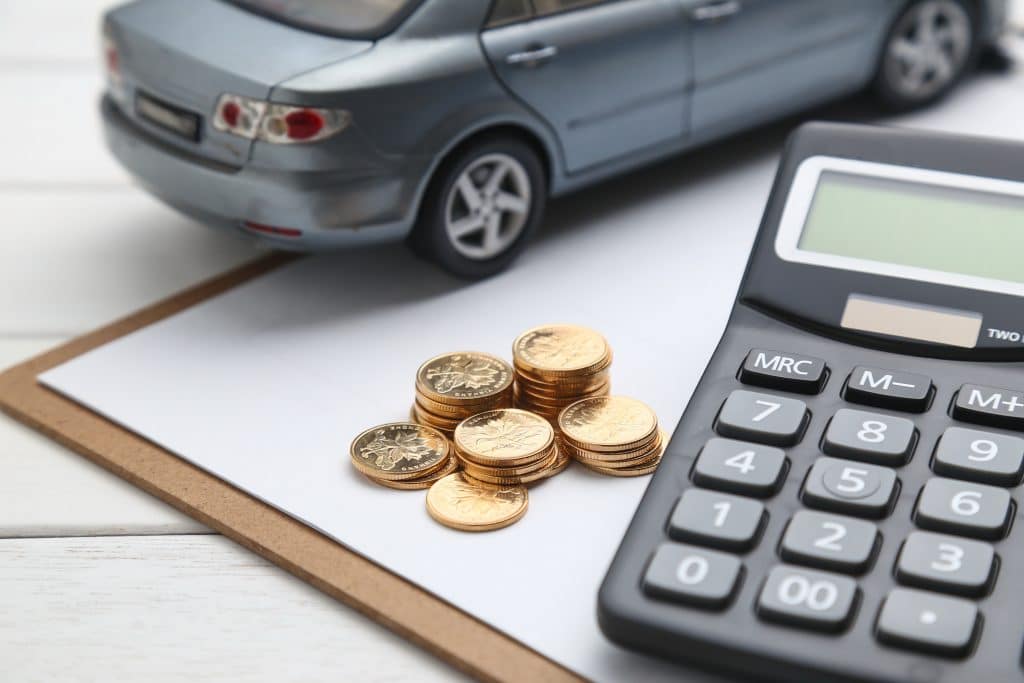In times of economic instability, many wonder, is it worth financing a car? This question becomes even more pressing as people seek to make smart financial decisions. Analyzing the current economic climate is essential to understand the potential risks and benefits of car financing. Let’s delve into the complex considerations surrounding this choice to provide a clearer perspective on whether financing a vehicle is a wise move during these uncertain times.
Economic downturns can affect interest rates, employment, and income stability, all vital factors to consider when deciding on car financing. With the automotive industry’s rapid shifts, it’s crucial to assess how these changes impact personal finances. By exploring various scenarios, you can better understand if financing meets your financial goals without overstretching your budget.
Factors to Consider When Financing a Car

During economic uncertainties, several factors should influence your decision to finance a car. Interest rates often fluctuate during such periods, directly impacting monthly payments and total loan amounts. Assessing your financial health, including job security and savings, is crucial before committing to a long-term financial obligation.
Another consideration is the potential depreciation of a newly financed car. Depreciation can affect your vehicle’s resale value and overall investment viability. It’s essential to evaluate whether financing aligns with your long-term financial objectives and if it provides a feasible solution for your transportation needs during economic turbulence.
Exploring Interest Rate Trends
Interest rates play a significant role in determining whether financing a car is a practical choice. In economic downturns, central banks may lower interest rates to stimulate spending, which can be advantageous for borrowers. Securing a low-interest rate can reduce your monthly financial burden, making financing more appealing.
However, it’s important to research and compare offers from different lenders. Consider leveraging online tools to monitor interest rate trends and make informed decisions. By strategically timing your purchase and securing favorable terms, you can enhance the value of your financed vehicle while maintaining financial flexibility.
Alternatives to Car Financing
Exploring alternatives to traditional car financing can provide additional options during economic instability. Leasing, for instance, can offer lower monthly payments compared to financing and no long-term commitment. Another option is buying a used car outright, which may avoid interest charges and depreciation concerns associated with new vehicles.
Evaluating your transportation needs is key to making an informed decision. Whether it’s opting for public transportation, car-sharing services, or minimizing travel, each approach can help manage expenses during challenging economic periods. Understanding these alternatives supports a tailored financial strategy that suits your circumstances.
Conclusion: Making an Informed Choice
Ultimately, the question remains: is it worth financing a car during economic uncertainty? The answer varies based on individual circumstances but requires thorough evaluation of financial health and market conditions. Understanding interest rates, potential depreciation, and available alternatives can guide your decision.
Consider consulting financial advisors or using online calculators to simulate potential scenarios. By taking a strategic approach that weighs the risks and benefits, you can make a decision that aligns with your financial objectives and enhances your economic resilience during uncertain times.



